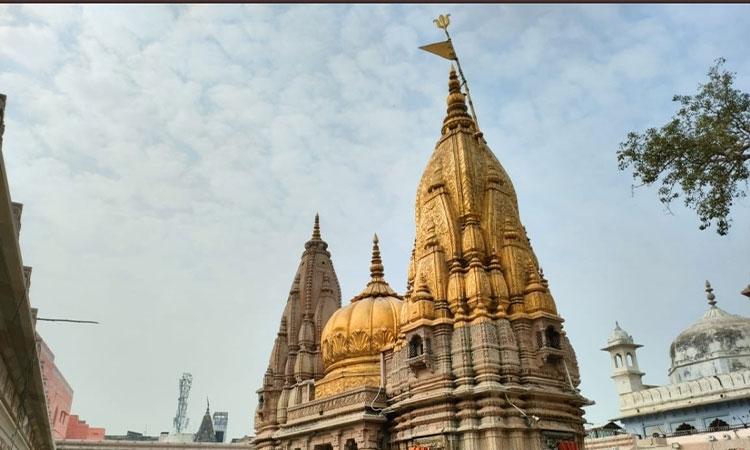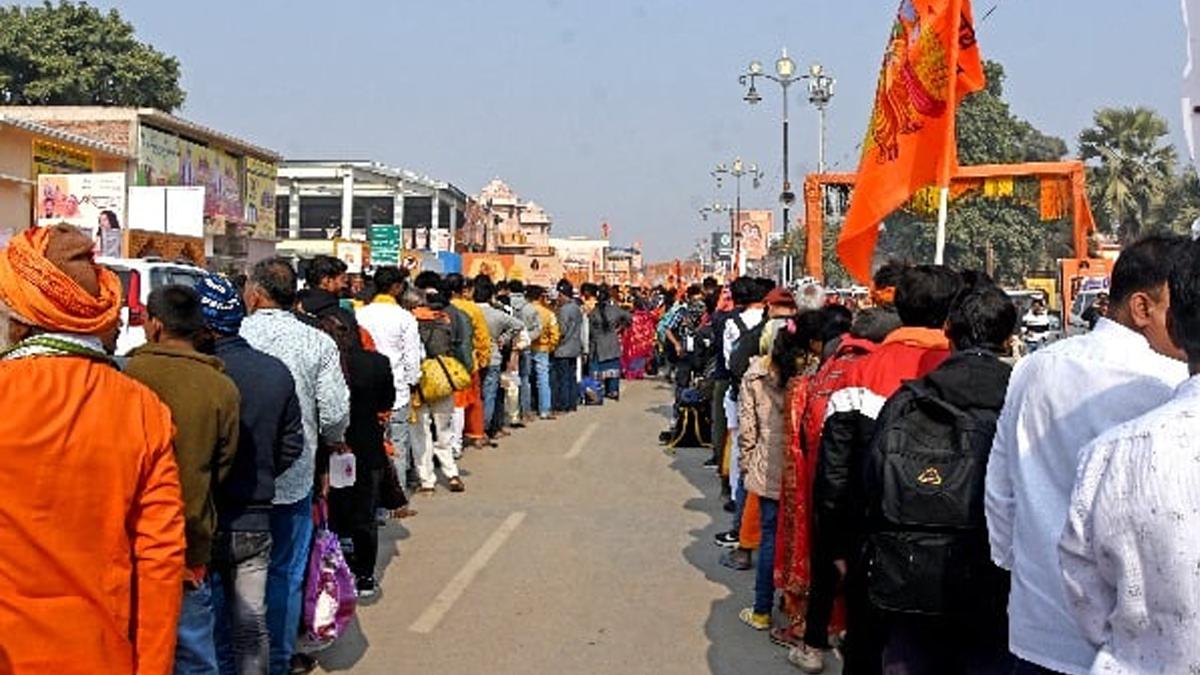Expecting a huge inflow of devotees on New Year, the district administration along with the management of Kashi Vishwanath temple has restricted 'Sparsh darshan' (when devotees are allowed to touch the Shivling) from December 31 to January 2, temple officials said.
Officials of the Kashi Vishwanath temple added that the decision has been taken to manage the heavy turnout of devotees.
Kaushal Raj Sharma, Divisional Commissioner, Varanasi, said, "'Sparsh darshan' has been restricted between December 31 and January 2. We would be carrying out a rehearsal for the same on December 30."
As per records with the temple management, nearly seven lakh devotees visited the temple on January 1, 2022.
Also Read | Centre launches City Finance Rankings 2022, City Beauty Competition
However, this year, going by the fast-growing popularity of the temple due to the facelift, the total number of visitors is expected to cross the 12-lakh mark on New Year.
Explaining the difference between 'sparsh darshan' and regular darshan (called 'jhanki darshan' in local parlance), officials said that the former is a little time-taking as the devotees are allowed to enter into the 'garbh grah', the sanctum sanctorum of the temple, to carry out the religious offerings whereas in the latter, the devotees are allowed to pass on the offerings to the priest from outside the 'garbh grah'.
In 'jhanki darshan', priests present the offerings to the Shivling and return the 'prasad' to the devotee.
"The regular darshan is far less time consuming and hence, would make it easy for the temple management to manage the crowd and ensure security on the New Year," said officials.


















